Sheep Farming Essentials: Necessary Paperwork Guide

Starting a sheep farm can be an exciting endeavor, especially with the global market for sheep products expanding. From wool to meat, dairy, and even specialty cheese, sheep farming has become a niche with substantial growth potential. However, diving into this venture requires more than just a passion for these gentle animals. It involves a significant amount of paperwork, compliance with local and federal regulations, and understanding the various permits and certifications needed. Here's a comprehensive guide to help you navigate through the necessary documentation for setting up your sheep farming business.
Step 1: Business Registration
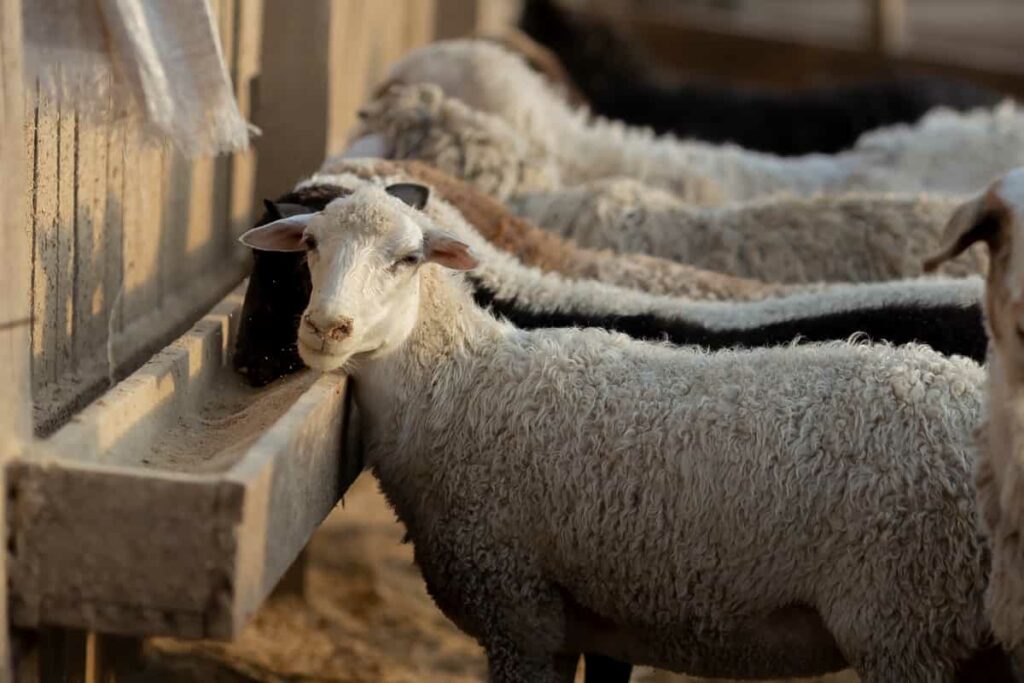
Before you can legally start any farming operation, you need to register your business:
- Choose a Business Structure: Determine whether you’ll operate as a sole proprietorship, partnership, LLC, or corporation. Each has different legal and tax implications.
- Register with Local Business Authorities: This could mean getting a Doing Business As (DBA) certificate if you’re not using your legal name or filing Articles of Incorporation or Organization, depending on your business structure.
- Obtain a Tax ID Number (EIN): This is necessary for tax purposes and to open business bank accounts.
📋 Note: The specific requirements for business registration can vary by region. Contact your local government office or use an online registration service to ensure compliance with all local business laws.
Step 2: Land Use and Zoning Permits

Sheep farming requires substantial land:
- Zoning Regulations: Check with your local zoning office to ensure your land can be used for agriculture. Some areas have specific zones designated for farming activities.
- Environmental Impact Assessment (EIA): In some regions, you might need to conduct an EIA to assess how your farm might affect the local environment.
Step 3: Agricultural Permits and Licenses
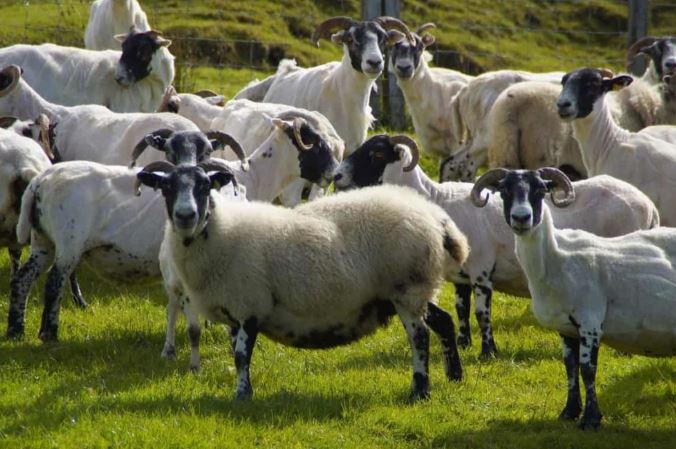
These are the specific permits related to animal agriculture:
- Livestock Permit: Required for keeping a certain number of animals, especially if you plan to have a large flock.
- Grazing Permits: If you’re not solely relying on your land and plan to use public or communal land for grazing, you’ll need this permit.
- Water Use Permits: Depending on local water laws, you might need a permit to draw water for your farm, especially in areas with limited resources.
| Type of Permit | Why It's Needed | Where to Apply |
|---|---|---|
| Livestock Permit | To ensure compliance with animal welfare standards and local livestock management rules. | Local Agricultural Department or Ministry of Agriculture |
| Grazing Permit | To manage the ecological impact of grazing on public or shared lands. | Public Lands Office or relevant Forestry Commission |
| Water Use Permit | To manage the usage of local water resources for farming activities. | Local Water Authority or Environment Agency |

Step 4: Health and Safety Compliance
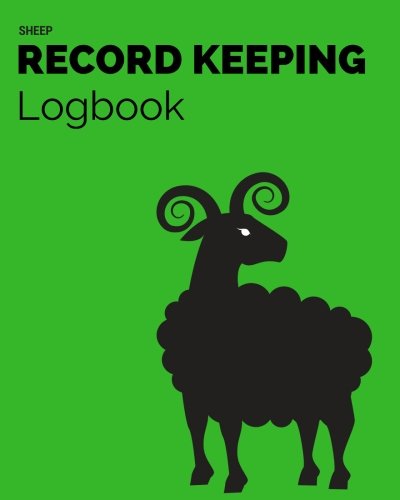
Sheep farming involves health risks for both animals and farm workers:
- Health and Safety Plan: Develop a written plan that outlines how you will address potential hazards on the farm.
- Veterinary Services Agreement: A contract with a local vet ensures your sheep receive necessary health checks, vaccinations, and treatments.
- Waste Management Plan: Proper disposal and management of sheep waste to prevent environmental contamination.
Step 5: Marketing and Sales Documentation

Once your farm is operational, you’ll need:
- Branding and Trademarks: If you’re selling directly to consumers, a unique brand can set your products apart.
- Product Labels: Labels for your wool, cheese, or meat need to comply with local food labeling laws.
- Sales Tax Permits: If you’re selling taxable items, you’ll need to collect sales tax.
🛒 Note: If you're selling across state or national borders, you'll need to understand and comply with interstate commerce laws or import/export regulations.
Step 6: Record Keeping

Maintaining accurate records is crucial:
- Breeding and Herd Records: Keep track of lineage, health records, and breeding data.
- Financial Records: Income statements, expense records, and tax documents.
- Regulatory Compliance: Document all permits, licenses, and any inspections or health check results.
Summing up, the journey to becoming a successful sheep farmer involves a plethora of paperwork, compliance, and regulatory adherence. Each step, from business registration to marketing, requires attention to detail and a commitment to legal and ethical standards. By staying informed about the necessary documents and maintaining diligent record-keeping, you can focus on the joy of farming while ensuring your operation is sustainable and legal. Remember, proper preparation and documentation are the backbone of any thriving agricultural business, setting you up for a prosperous future in the world of sheep farming.
What types of business structures can I choose for my sheep farm?
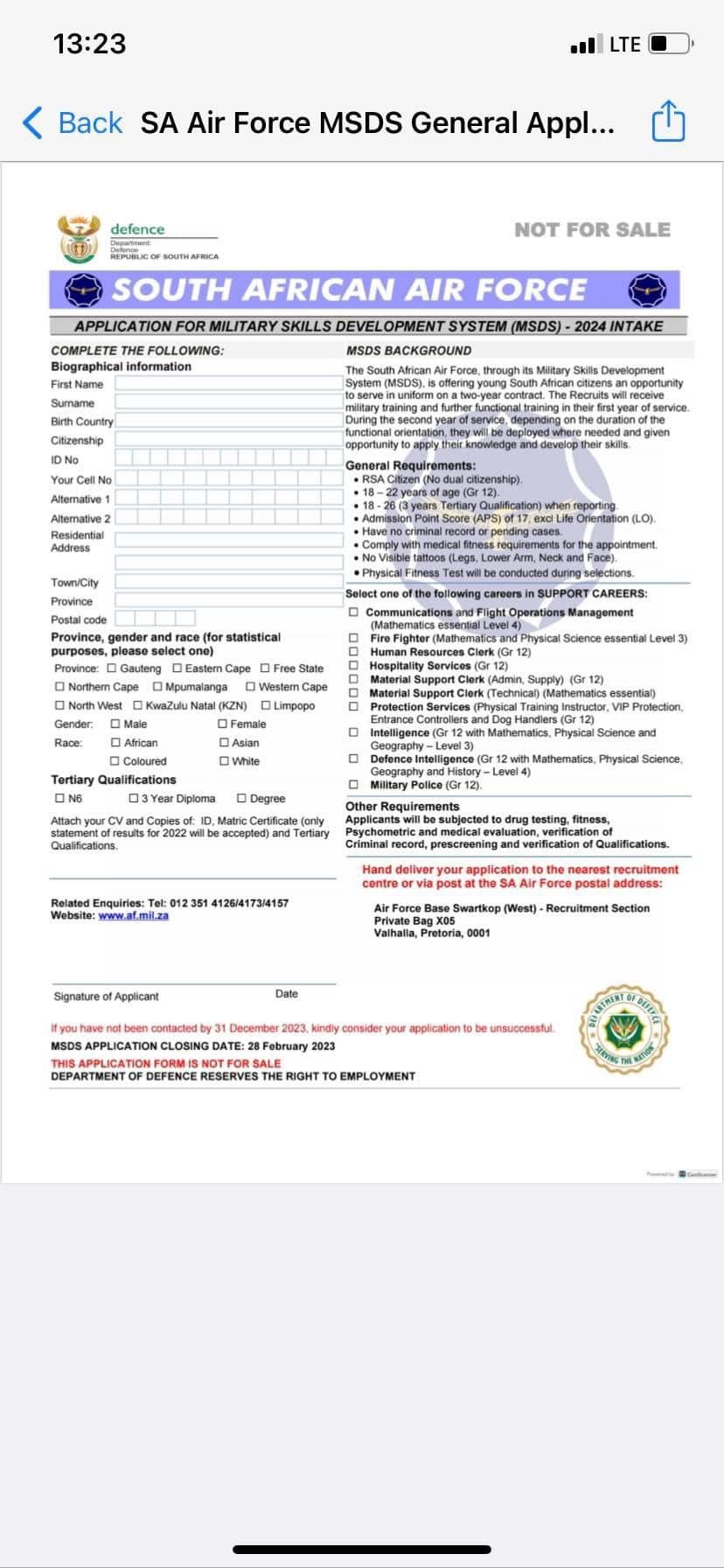
+
You can choose from several business structures like Sole Proprietorship, Partnership, Limited Liability Company (LLC), or Corporation, each with its legal and tax implications.
Do I need a permit to graze my sheep on public land?
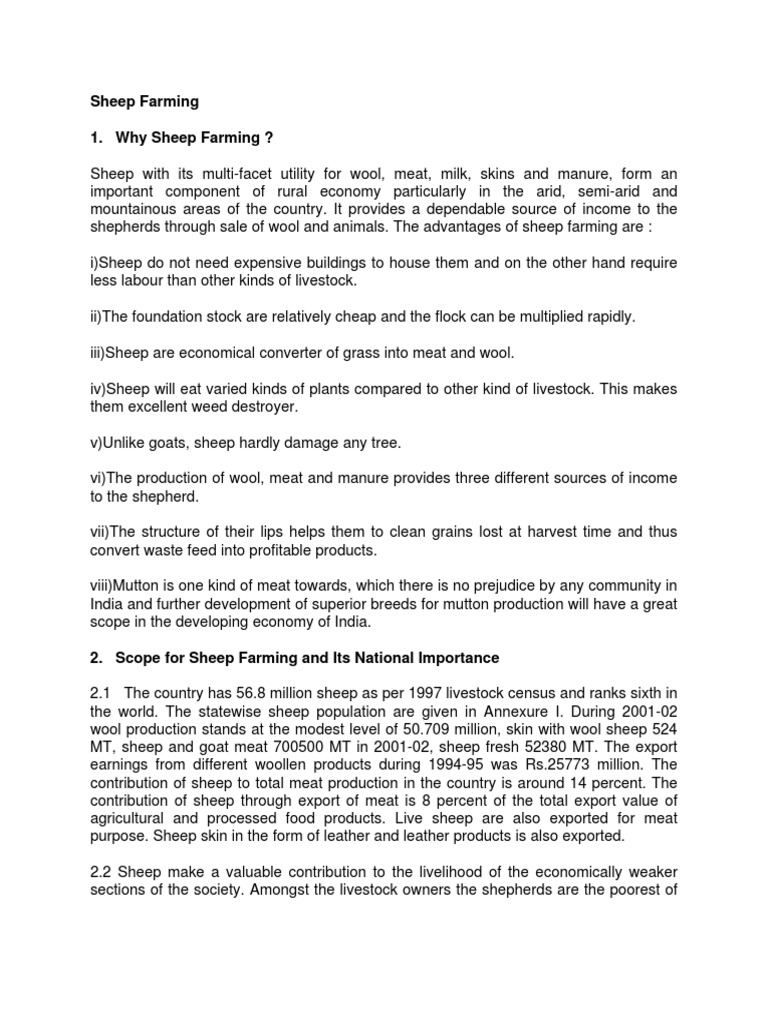
+
Yes, if you plan to use public or communal lands for grazing, you will need to obtain a grazing permit from the relevant authority, which manages such resources.
What is the purpose of an Environmental Impact Assessment (EIA)?

+
An EIA is conducted to evaluate the potential environmental impacts of a proposed project or operation like farming, to ensure it does not adversely affect the surrounding ecosystems.